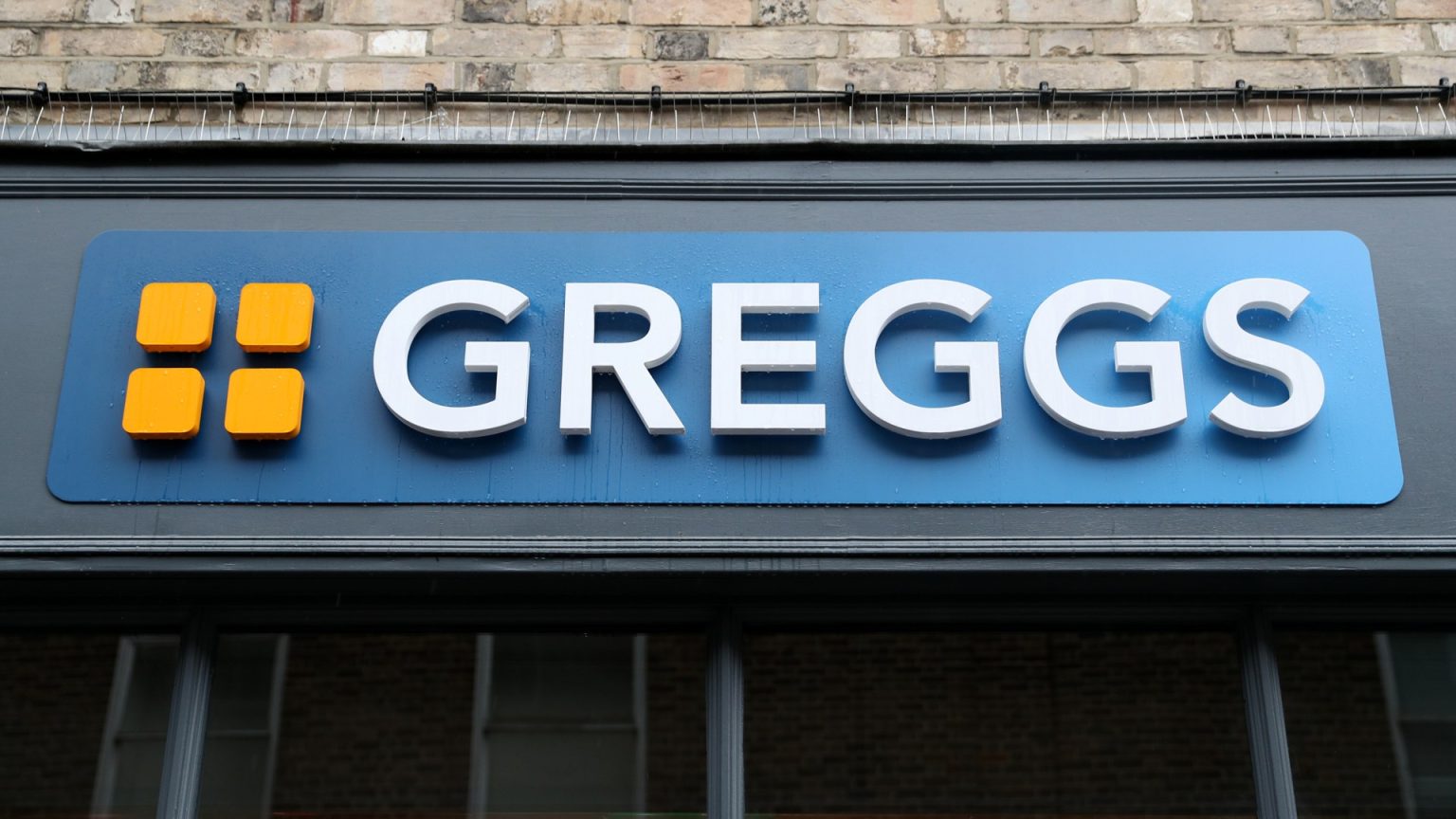The Aneurin Bevan University Health Board in South Wales recently challenged the expansion of the bakery chain Greggs into a vacant shop in Pontypool town centre, citing concerns about the prevalence of unhealthy food options and the proximity to an educational setting. Their argument rested on the existing saturation of food and drink establishments in the area and the potential negative impact of Greggs’ offerings on public health. However, the planning officer, Tom Braithwaite, dismissed these concerns, stating a lack of sufficient planning policy justification to oppose the development. He further argued that Greggs would contribute positively to the vitality of the town centre, which serves a population of nearly 30,000. This decision underscores the tension between commercial interests and public health concerns in urban development.
The Health Board’s objections highlight the ongoing debate surrounding the accessibility and promotion of unhealthy food, particularly in areas with a high concentration of fast-food outlets. Their concern about the location’s proximity to an educational setting speaks to the wider societal anxieties around childhood obesity and the influence of readily available, calorie-dense foods. While acknowledging the importance of promoting healthy eating habits, the planning officer’s decision suggests that the onus of responsibility for food choices ultimately rests with the individual consumer, not solely on the availability of certain food establishments. This stance reflects a market-driven approach where consumer demand and business interests are given significant weight in shaping the urban landscape.
Greggs, in its defense, emphasized its commitment to offering healthier choices, highlighting that 40% of its product range meets their internal criteria for healthier options – containing fewer than 400 calories and avoiding ‘red traffic lights’ based on the UK Government’s voluntary nutrition labelling scheme. This proactive approach to incorporating healthier options into their menu demonstrates an awareness of the growing health consciousness among consumers and an attempt to cater to this evolving demand. The company’s exceeding of their 30% target for healthier options suggests a strategic move to position themselves as a more balanced food provider, potentially mitigating some of the health concerns raised by organizations like the Aneurin Bevan University Health Board.
The case of Greggs’ expansion in Pontypool exemplifies the complex interplay between commercial interests, public health concerns, and consumer choice in shaping the food environment. While health authorities advocate for limiting the proliferation of unhealthy food options, particularly near vulnerable populations like children, the planning decision prioritizes the economic benefits and consumer demand for such establishments. This conflict highlights the need for a more nuanced approach to urban planning that balances economic development with public health goals, potentially through incentives for healthier food options, stricter regulations on marketing unhealthy foods, or promoting educational initiatives around healthy eating.
Greggs’ success as a business, evidenced by its valuation at £2.6 billion and the statistic that nearly £2 in every £100 spent in UK hospitality goes to the chain, demonstrates its significant presence in the UK food landscape. With over 2,473 shops nationwide – surpassing even McDonald’s – Greggs has solidified its position as a prominent food retailer. This widespread presence underlines the public’s appetite for their products, irrespective of ongoing health debates. The company’s popularity stems from its affordability, accessibility, and evolving product range, catering to a broad consumer base.
The planning decision in Pontypool, allowing Greggs to expand despite health concerns, underscores the complexity of balancing public health objectives with economic realities. While the availability of healthier options within Greggs’ product range might mitigate some concerns, the core issue of promoting healthier eating habits within a society increasingly reliant on convenient, processed food remains. This situation calls for a multi-pronged approach involving government regulations, public health initiatives, and corporate responsibility to create a food environment that supports healthier choices without stifling economic growth or consumer freedom.











